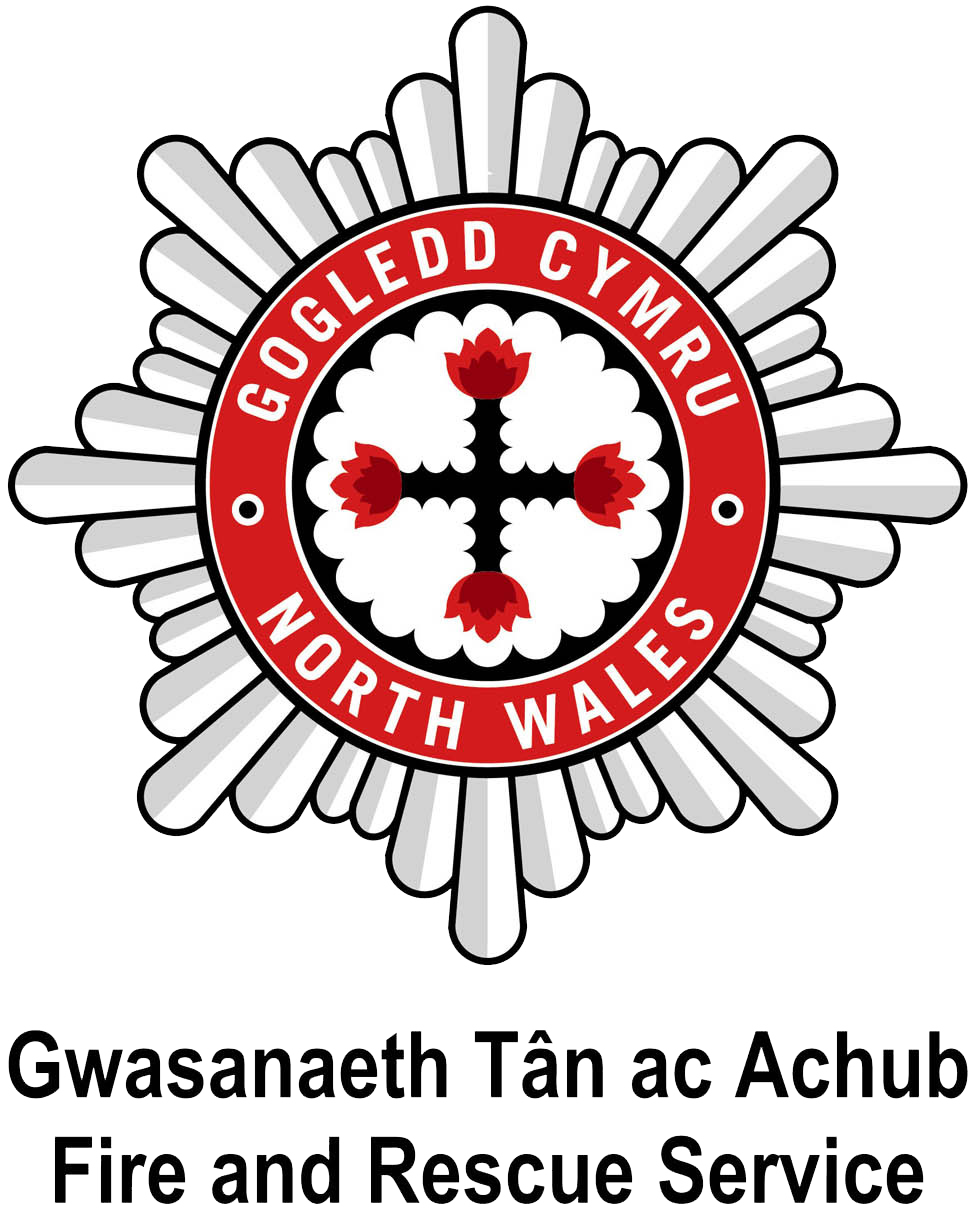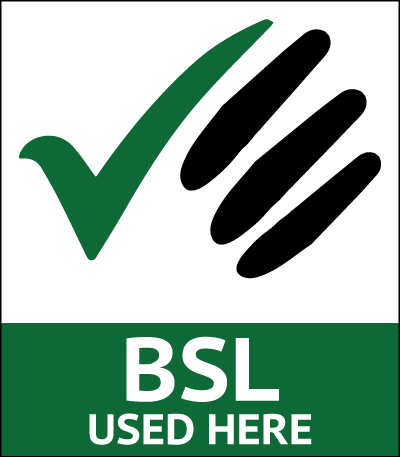Chimney Safety Week
PostedThis week (September 8th- 14th) marks national Chimney Safety Week and fire officers are encouraging residents to keep basic fire safety advice in
mind before lighting their fires for the first time this autumn.
Most chimney fires are preventable - North Wales Fire and
Rescue Service was called to 212 chimney fires last year, which was a
substantial decrease from the 319 attended in the previous 12 months.
Gary Brandrick, Senior Fire Safety Manager, explains: "We're really
pleased that people are heeding our safety messages, and we want you to keep up this good work - to keep yourself and your family safe from fire you should take care to have your chimney swept regularly. It is always best to do this before the colder winter months set in and you begin to use your fire and chimneys again."
To keep as safe as possible from chimney fires in the home, Gary is issuing the following advice:
All chimneys and flue-ways should be cleaned and checked to ensure they are free from debris and in full working order before the heating season. A blocked or defective chimney can cause both chimney fires and carbon monoxide poisonings so it's very important to employ a professional qualified chimney sweep such as those certified by the National Association of Chimney Sweeps.
Regular maintenance of your chimney will depend on the fuel you burn - if you burn oil or gas, your chimney should be swept once a year, Bituminous - coal twice a year, wood up to four times a year and smokeless coals at least once a year.
Do not burn wet wood or recently felled wood - all wood burned must have a moisture content of no more than 17 percent.
When thinking about heating your home, it's important to purchase the correct size appliance for your room - an appliance which is too large will never be used hot enough to volatize all of the fuel within the wood and the unburned fuel will pass up the chimney as smoke and condense within the flue as extremely flammable creosote.
Gary added: "To cut the risk of fire in your home, always make sure embers are properly put out before you go to bed and use a fire guard to protect against flying sparks from hot embers.
"If the worst should happen, a smoke alarm can give you the extra time you need to escape in a house fire - make sure you test yours regularly. Remember, if you don't have a smoke alarm, North Wales Fire and Rescue Service can fit one for free as well provide you with a free home fire safety check to help prevent a fire starting in the first place - to register visit www.nwales-fireservice.org.uk or call our 24 hour hotline free on 0800 169 1234."

